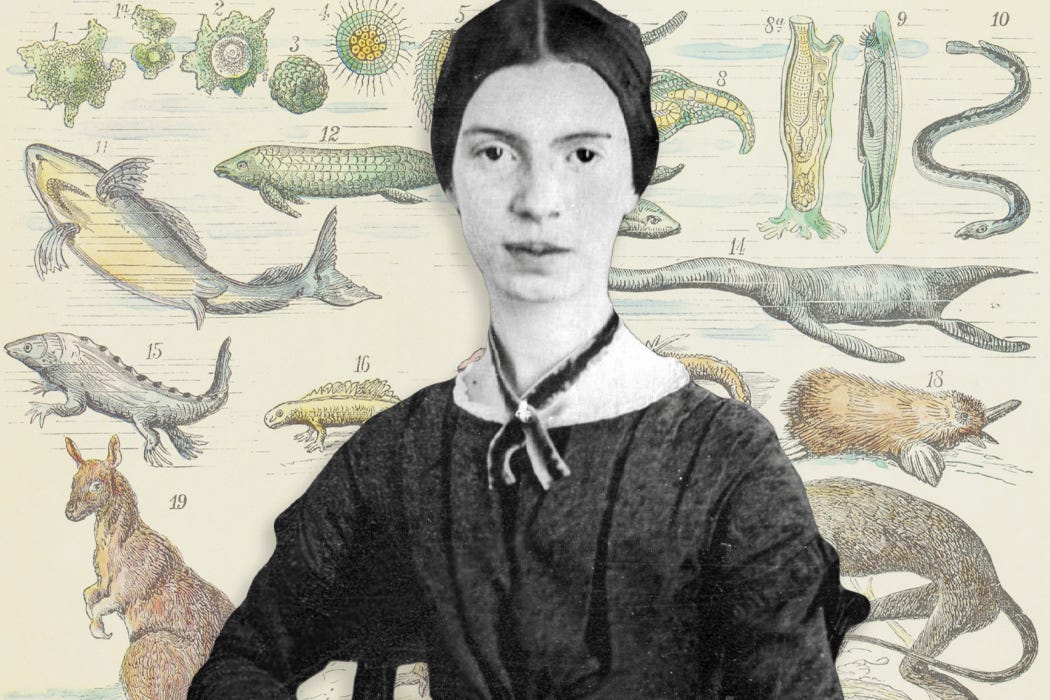Learning to Be Human
Claudia MacMillan writes that what we call the humanities — literature, history and philosophy — have never been more needed in our society or more crucial to the American experiment.
By Claudia MacMillan
As grateful as we are to venture out these days, we are still mourning the loss—and suffering from the effects—of losing two years of natural human contact to a global pandemic not experienced in over a century. Sadly, the routines and education of school-age children were hardest hit. As far as I can see, the only good thing to come out of COVID-19 is that pretty much everyone now agrees that online learning cannot really replace in-person learning, especially for children.
School, we seem to have remembered, is a decidedly human thing.
The isolation we experienced during this pandemic has forced every meditative person to reconsider the role that human contact and human interaction play in a meaningful life. And although we were grateful for technology that kept our unnaturally hyperactive brains from imploding during this long pause, we, like the schoolchildren, yearned for real human contact.
“Amon…
Keep reading with a 7-day free trial
Subscribe to The First Person with Michael Judge to keep reading this post and get 7 days of free access to the full post archives.


